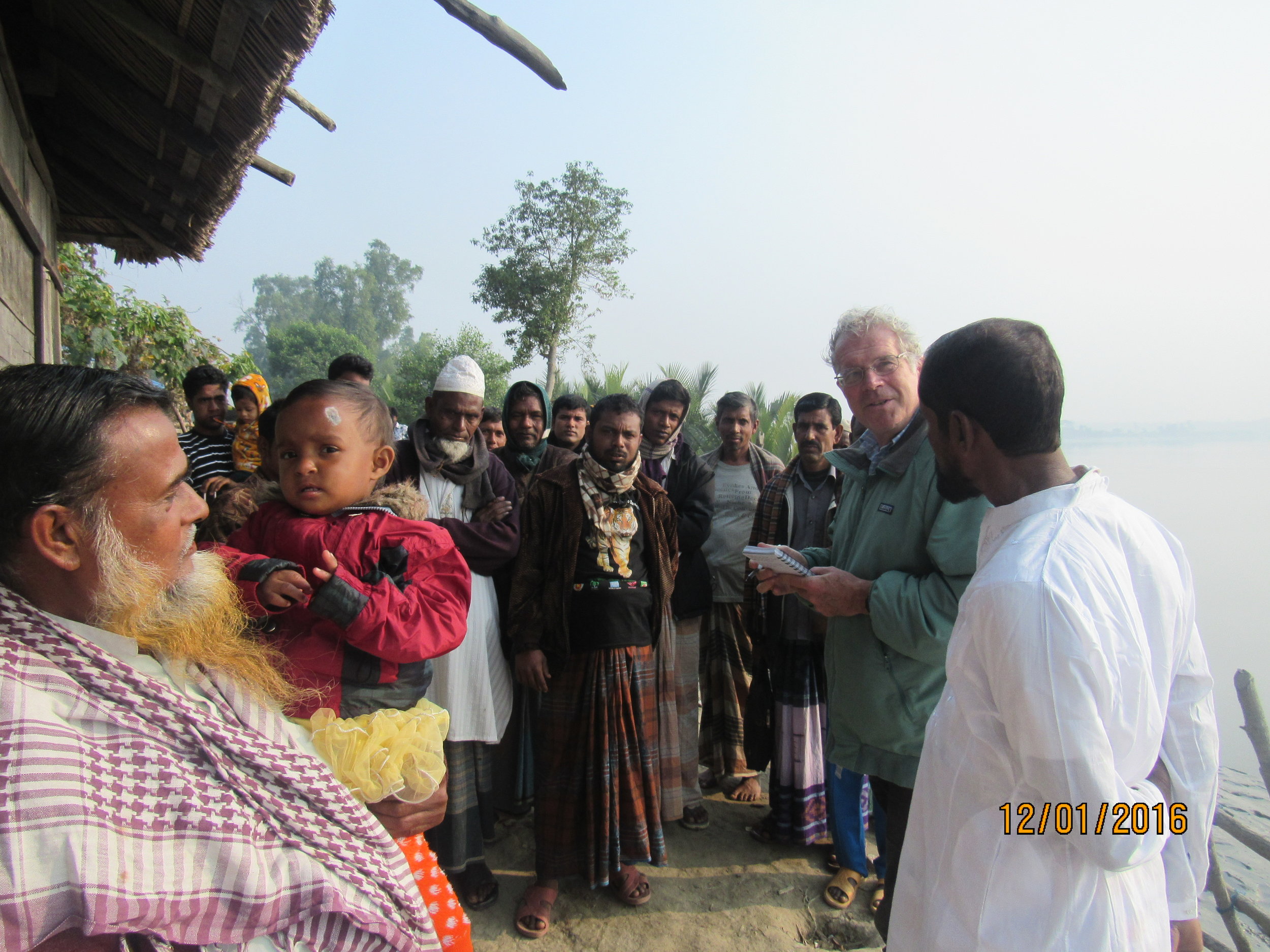“If he were going to run away he must go quickly.”
- The Spider’s House by Paul Bowles
I was going to Marrakesh with David the photographer to write about the Djemaa al-Fna. I didn’t know anybody there so I spoke with musician Richard Horowitz in New York to ask for some contacts. Richard had studied music in Marrakesh and knew a lot of people. He told me to look up [name forgotten, let’s call him Driss Bennani] at the Cafe de France. Richard said I could ask any of the waiters there, they all knew him, and once found to tell him that Richard said hi.
The Cafe de France overlooks the crazy day and night funfair that is the Djemaa al-Fna, its upstairs terrace full of European tourists and Moroccan touts, down-and-out street kids and swell-looking hangers-on. I told a waiter I was looking for Driss Bennani, just as Richard had said, and the waiter gave me a strange look. Marrakesh is full of strange looks so I wasn’t worried. He went over to talk to another waiter, they whispered and looked in my direction, frowned and then smiled, and then the first waiter came back and told me to wait.
A guy came to our table a few minutes later and introduced himself as Driss. I said I was Richard’s friend from New York and maybe he could help me get situated for my interviews. Driss asked about Richard, how well I knew him, and then said that he and Richard were really good friends and he had heard about me coming to town.
I usually don’t use translators or fixers or expediters- whenever I did, I found it best to go to the local university’s English Department and ask the teachers to recommend their best student. That seemed to work
I told Driss that I’d need to interview a cross section of the square’s performers, customers, vendors, and people just crossing through from one side to the other. A random sampling of its craziness- like snake charmers, child boxers, and fortune tellers- and its normality- like snail soup makers, orange juice squeezers, and second hand clothes sellers.
He said he would help, but first he’d like a beer. We hadn’t discussed what I would pay him for his services, we hadn’t even specified what they’d be. I thought I could interview in French and Arabic well enough without him, so I figured I’d pay for food and drink at the cafe whenever we sat together.
I didn’t want to start interviews right away, first I wanted to wander through the square alone, but he insisted on coming along, saying it might be dangerous for David with his camera. The Djemaa al-Fna is as crazy as they say. Crowds and hustles, passers-by and those deeply rooted in the same place year after year, trying to sell or buy, to pick someone’s pocket or to get picked up.
Driss turned out to have a big appetite for both food and drink. That was okay with me, I was on an expense account. He walked us to the hotel and sat in the lobby to talk. We were jet lagged and told him we’d see him at the cafe next day. The following morning he was again in the lobby. Maybe he hadn’t left.
It went on like this for three days. Waiting for us each morning, steering us to meet his “friends” in the square, drinking a lot of beer, then dropping us at the hotel. He became a sticky pest, increasingly meddlesome, intrusive, and overly familiar- somebody I might have said came straight from a Paul Bowles novel if I hadn’t met a few of his type already in my travels.
He never stuck his hand out but I knew that would come eventually. Dave and I did our work without taking his advice on who to interview or where to go in the square. Once when he brought over a street musician to the cafe, the musician said the interview would cost us twenty dollars. I said we’d buy him a coffee instead. He said he was losing twenty dollars in tips by leaving his spot, so he said no deal. I had never seen him playing in the square, and later when I went looking he was nowhere to be found.
I knew we would have it out with Driss sooner or later, definitely when we told him we were leaving town. I said we’d be leaving tomorrow, that he should come by early next morning for one final meeting, which I presume he took me to mean his payday. We waited at the reception for him to leave. We went upstairs to get our bags and check out. Our train to Tangier, to interview Paul Bowles, was leaving that night.
Back in New York I told Richard that his friend Driss was a real pain. Richard said, that doesn’t sound like Driss, what did he look like? I said, tall with glasses and long hair. Richard said, that wasn’t him, Driss is short and bald.
















